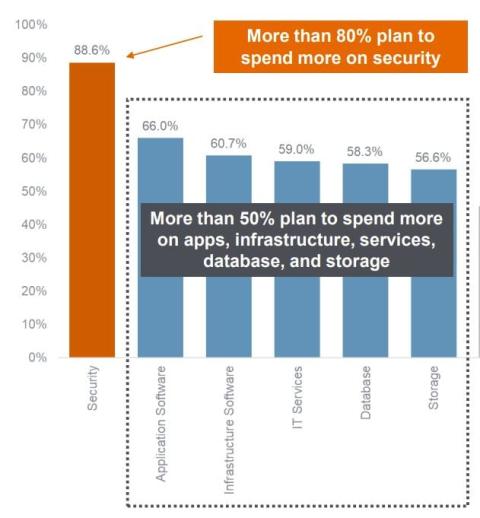IRS Warns of Expected Wave of Tax Scams
Urging taxpayers and tax professionals to be vigilant, the Internal Revenue Service (IRS) provides some simple guidance on how to spot new scams aimed at being able to file fake tax returns. Apparently, there are actually three certainties in life: death, taxes and scams revolving around taxes. This according to the IRS, as part of their annual Security Summit. As with any major event that has the attention of millions of people simultaneously, tax season is no exception.




